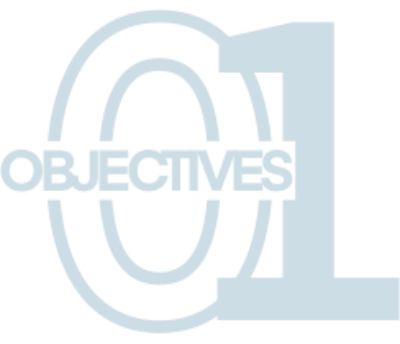
GO DIGITAL
GO GLOBAL
ERASMUS + PROJECT




PROJECT TOPICS
PROJECT PARTNERS
PROJECT RESULTS
YOUTH EMPLYABILITY
INCLUSION OF MARGINALIZED
YOUNG PEOPLE
DIGITAL SKILLS
GO DIGITAL GO GLOBAL IS A
PROJECT BETWEEN FOUR ASSOCIATIONS
FROM PORTUGAL, ITALY,
BULGARIA AND
HUNGARY
METHODOLOGY FOR GRASROOT
YOUTH ORGAIZATIONS ON
INCREASING ONLINE EMPLOYABILITY
OF YOUNGER PEOPLE WITH FEWER
OPPORTUNITIES

WHAT WE WANT
TO ACHIEVE WITH
THIS PROJECT


-Equip young people (especially those with fewer opportunities) with competencies required for working remotely and
starting an online career;
-Promote inclusiveness in remote work and create conditions for more young people with fewer opportunities to enter the online workforce;
-Update and improve competencies of non-profit associations and youth workers in helping young people become more
employable in the current job market;
-Increase the capacity of NGOs to help young people to boost their sense of initiative and entrepreneurship; -Increase the opportunities for NGOs to support young people with fewer opportunities in their struggle to become more competitive in the online job market;
-Promote the idea of remote work as a new norm and an opportunity for those young people who don’t have much access to the regular job market.
THE PROJECT
OUTCOMES
AND RESULTS

-Young people with economical, educational and geographical obstacles become more competent in obtaining a job online, improve their digital skills (360 young people directly participate in the project activities and many more people learn about the project and the shared knowledge via the dissemination activities);
-Youth workers who support young people with fewer opportunities become more professional in their daily job, learn to become career coaches and help with entrepreneurship initiatives;
-4 local events on online employment and entrepreneurship for young people with fewer opportunities organized in each country and 1 international mobility for youth workers and young leaders;
-A methodology for youth workers supporting online employment of young people with fewer opportunities – disseminated beyond the partnership at the local, national and European level.

WHO IS THE
TARGET GROUP


-Young people with fewer opportunities: those living in remote and rural areas with little access to the regular job market, learning opportunities and socio-economic and cultural flows;
-Young people from minorities, young people with economical and educational difficulties;
-Other young people who will benefit from learning about the project and its materials via dissemination activities. The staff of non-profit organisations who work with young people;
-Local decision-makers and representatives of businesses that offer remote employment.
HAVE ANY QUESTIONS
Project Go Digital Go Global is supported by the Erasmus + programme
© Copyright, All rights reserved, My Madeira Island 2023




